We’ve become so attached and addicted to our smartphones, fitness bands, smartwatches, and virtual assistants, that we sometimes forget there are ways to get things done without them. This applies especially to falling asleep. Read on to learn how to get a good night’s sleep organically without your devices.
Prioritize Sleep
Why do we not put a priority on getting good sleep? It’s possibly the first thing we want to do but the last thing we allow ourselves to do. We stay up later than we want to either because we can’t tear ourselves away from TikTok or Call of Duty or because we packed our schedule so heavily that we just can’t get it all done in the waking hours we allow ourselves.
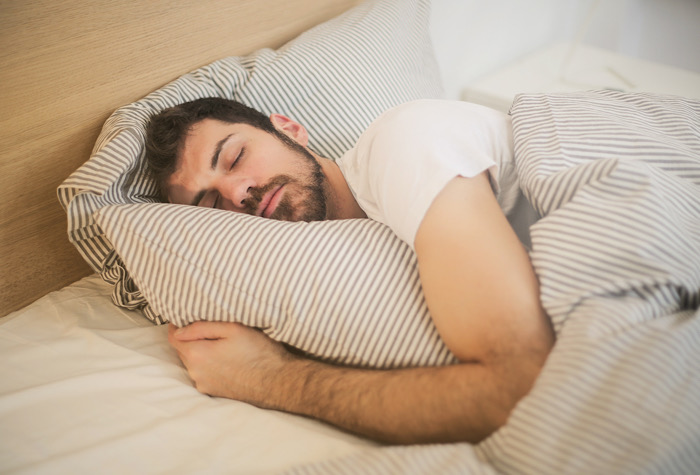
Dr. Nathaniel Watson, a board-certified neurologist and sleep specialist and member of the American Academy of Sleep Medicine, said, “We often find that once we convince people to prioritize sleep in their life, to allow enough time for them to get adequate sleep, that they do feel better during the day – they’re more productive, they think more clearly, and they realize the value of sleep.”
I am not a shining example of this bad behavior. I fall asleep while working, then have to stay up too late trying to get my work done. But what I should do, what we all should do, is make sleep just as important as any other part of our self-care, such as showering, brushing our teeth, exercising, etc.
Determine How Much Sleep You Need
We’ve been told through much of our lives that we need eight solid hours of sleep, but it’s not necessarily true. Everyone has different needs.
If you’re currently working from home, it could be a good time to determine how much sleep you need, as Watson’s method for doing so requires a flexible schedule.
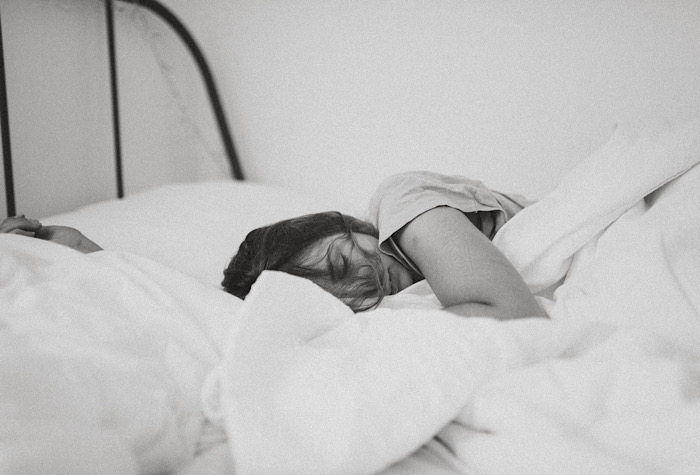
For two to three weeks, sleep as much as your body needs. Go to bed as soon as you are tried and allow yourself to wake up naturally in the morning.
After those two to three weeks, assess how much sleep your body needed in that time. This should be the natural amount of time your body needs.
Pay Attention to Your Circadian Rhythm
We’ve all seen the trend in apps and operating systems to have a dark mode at night. There’s a reason for this other than it just looks cool. It’s aiding our bodies’ circadian rhythms.
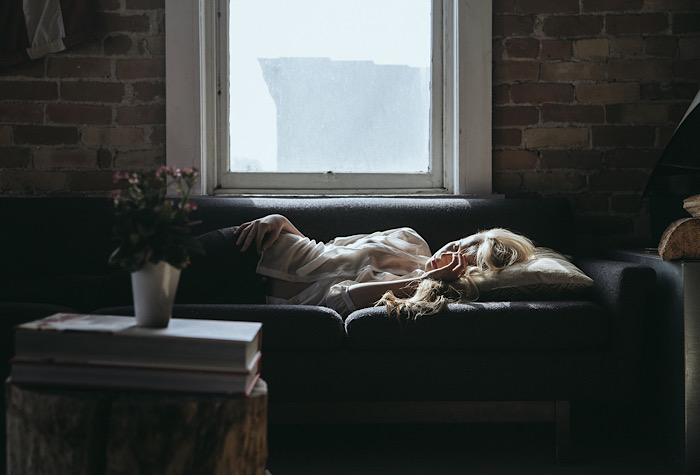
This is your body’s internal clock. You learned how many hours you need, and now you need to pay attention to when to get those hours. Melatonin is a hormone that helps you sleep. Your body increasingly secretes melatonin in your brain when it’s dark. This release is decreased when it’s light out.
If you sleep during the hours when it’s dark, you’re getting more optimal sleep. Watson recognizes it’s difficult for some people, as they have to start work earlier in the morning when it’s still dark or may be an overnight worker.
Run Through the Day’s Thoughts and Issues Before Bed
Everyone has been in the position of laying in bed and not being able to sleep because they have something on their mind that happened during the day and it’s still unresolved. It’s hard to just lay there and not think about it.
Michael A. Grandner, Ph.D., instructor of psychiatry at the Behavioral Sleep Medicine program at the University of Pennsylvania, has a solution for this.
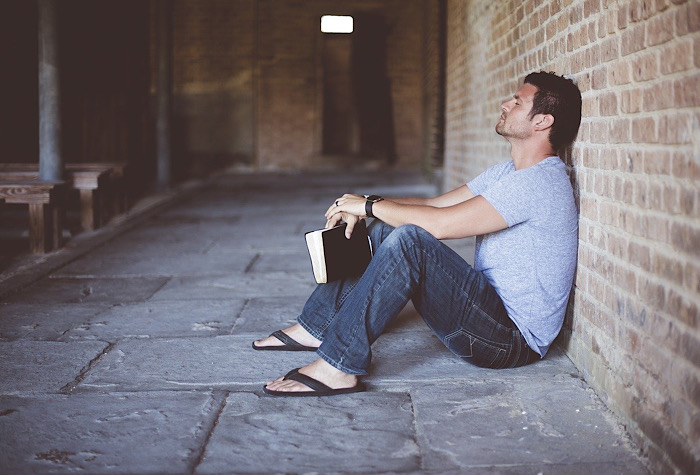
He suggests “turning your mind off” once you get into bed. But to do that, you have to have already worked through those issues in your day. Take some time in your evening to work through these thoughts and issues. Grandner suggests you “make lists to do tomorrow and clear your mental desktop of all the stuff that you still have to think about.”
If you’re dealing with a lot of stress that’s preventing you from falling asleep, check out these tips for using tech to reduce your stress. Just make sure you don’t do it too close to bedtime!
Use Separate Sheets
No one likes a bed hog or a sheet stealer. Specifically, to solve the issue of a bed partner stealing the sheets or disturbing you once they climb into bed and pull the covers up to their chin, Dr. Robert Oexman, director for the Sleep to Live Institute, suggests making your bed with separate sets of sheets and blankets, as it will reduce your chances of being disturbed because of movement or temperature change.
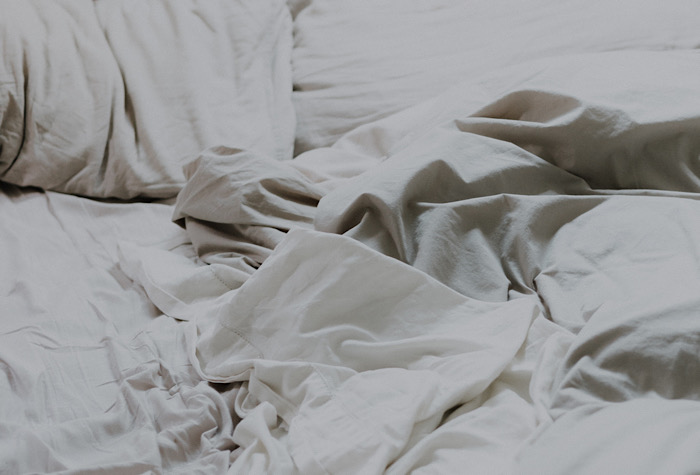
To do this, “Use only one fitted sheet to start. Then make the top-of-bed with twin-size flat sheets and blankets to meet each person’s needs,” suggests the doctor. To make it all look nice during the day, you can cover it all up with one comforter or duvet.
This was actually something I did in the earlier years of my marriage when I had a smaller bed. It made for a little more laundry, but in the end run, it was worth it.
Usual Suggestions
Along with these steps described above, still practice the other usual tips that are often spelled out to get a good night’s sleep.
- Create a bedtime ritual
- Exercise during the day but not before bed
- Leave the bed when you can’t sleep and return when you think you can
- Get some sunlight if it’s available to you.
- Avoid alcohol and caffeine close to bedtime
- Dress comfortably
Hopefully, by following these tips, you’ll reach an easier, quicker slumber and will get a good night’s sleep and feel more rested in the morning. It’s tempting to use all the sleep apps available on smartphones, but the reality is using that tech in bed is defeating the purpose.
Sweet dreams.
